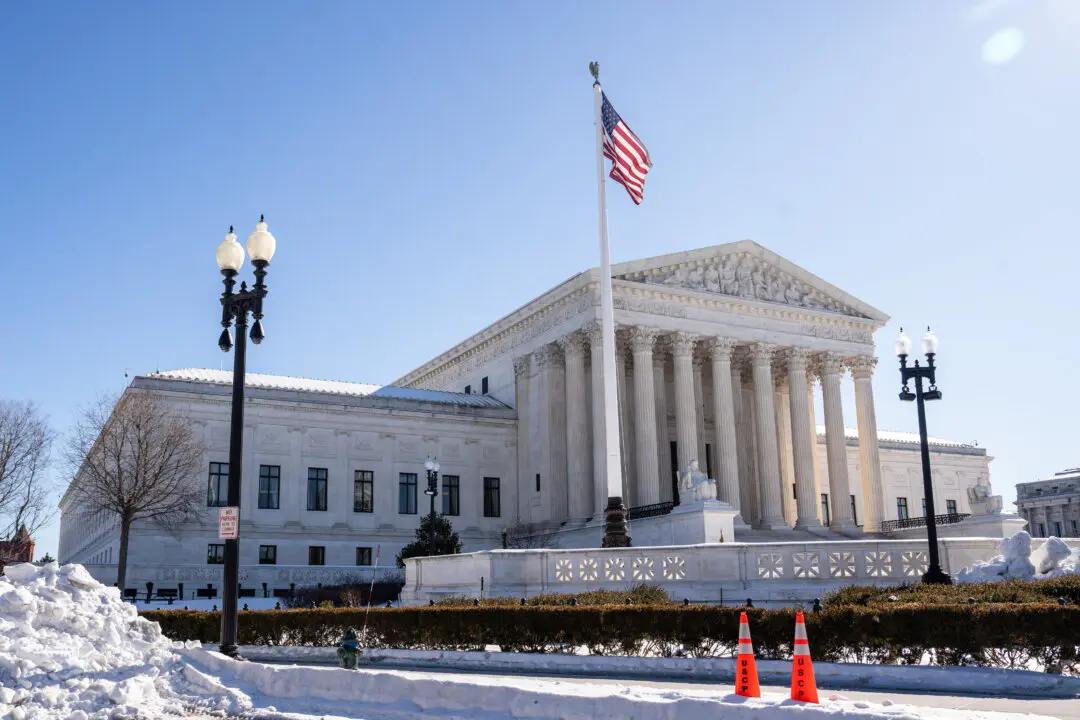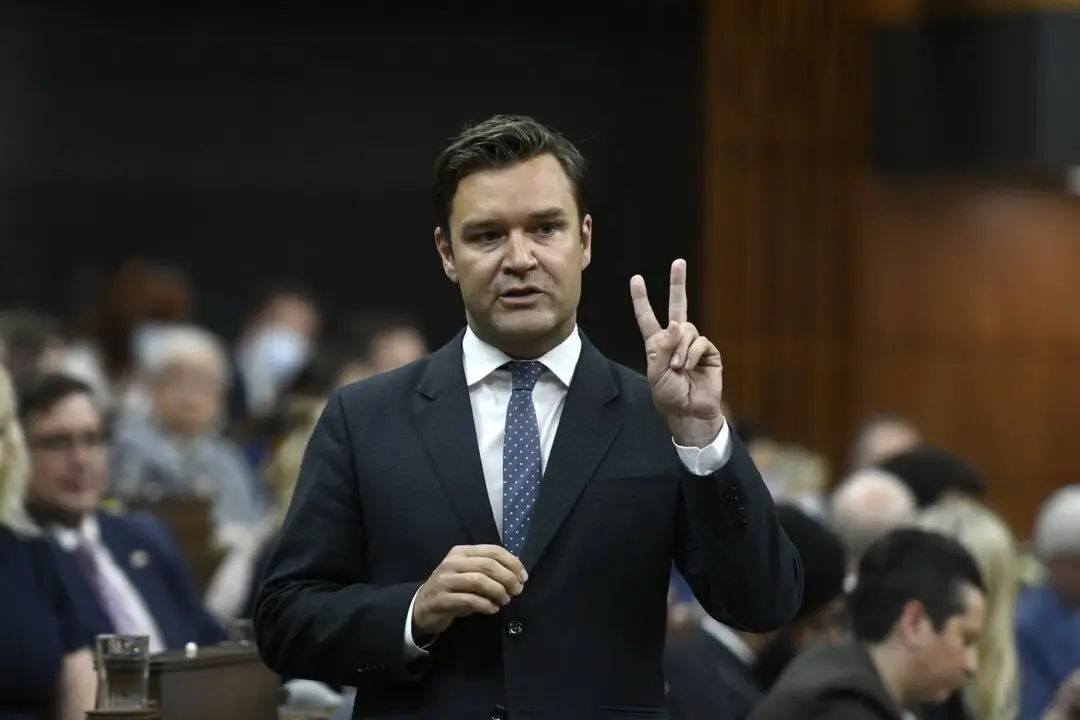Prime Minister Justin Trudeau says he’s not considering other exemptions to his carbon tax after announcing a three-year pause on heating oil.
“There will absolutely not be any other carve-outs or suspensions of the price on pollution,” he told reporters on Oct. 31. “This is designed to phase out heating oil.”





